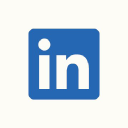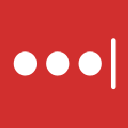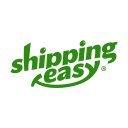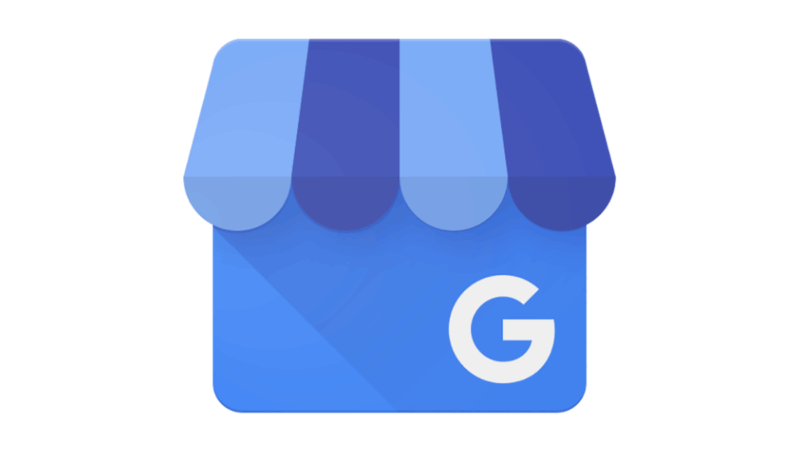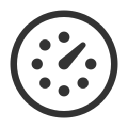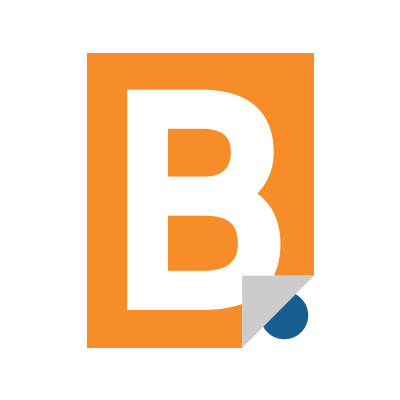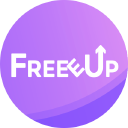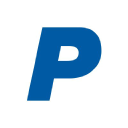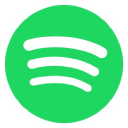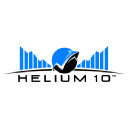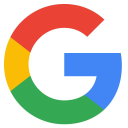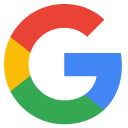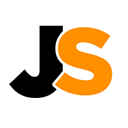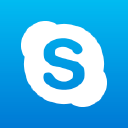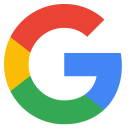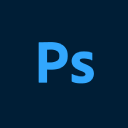How I Started A $25K/Month Amazon Service Agency
Hello! Who are you and what business did you start?
My name is Michael Maher and I run a service agency that helps brands to grow their businesses on Amazon. Our entire business is managing the entire Amazon channel for brands so they can focus on growing the brand as a whole.
Managing this channel requires several different skill sets from copywriting to advertising so this informed how we set up our business, including the structure and who becomes a part of our team.
2019 was a very difficult and challenging year for our business. We stayed level on revenue but profitability was way down and we lost money. We were forced to take a long hard look at our business and what we were doing. As we realized our service was much more valuable than we were giving it credit, we made some big changes in our pricing.
We work with brands that have a very defined brand story and recognize the power of Amazon. Our clients typically come to us with 3 different backgrounds; they’ve attempted to grow on Amazon but have yet to find the right strategy, they’ve yet to get on Amazon, or they’ve worked with someone else previously and were disappointed with the results.
We are...


